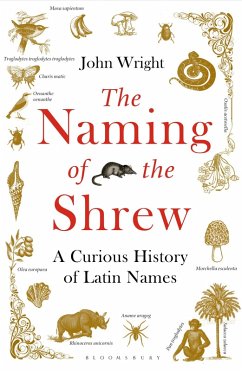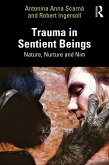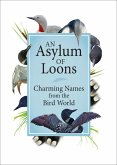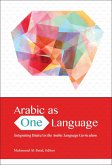Latin names - frequently unpronounceable, all too often wrong and always a tiny puzzle to unravel - have been annoying the layman since they first became formalised as scientific terms in the eighteenth century.
Why on earth has the entirely land-loving Eastern Mole been named Scalopus aquaticus, or the Oxford Ragwort been called Senecio squalidus - 'dirty old man'? What were naturalists thinking when they called a beetle Agra katewinsletae, a genus of fish Batman, and a Trilobite Han solo? Why is zoology replete with names such as Chloris chloris chloris (the greenfinch), and Gorilla gorilla gorilla (a species of, well gorilla)?
The Naming of the Shrew will unveil these mysteries, exploring the history, celebrating their poetic nature and revealing how naturalists sometimes get things so terribly wrong. With wonderfully witty style and captivating narrative, this book will make you see Latin names in a whole new light.
Why on earth has the entirely land-loving Eastern Mole been named Scalopus aquaticus, or the Oxford Ragwort been called Senecio squalidus - 'dirty old man'? What were naturalists thinking when they called a beetle Agra katewinsletae, a genus of fish Batman, and a Trilobite Han solo? Why is zoology replete with names such as Chloris chloris chloris (the greenfinch), and Gorilla gorilla gorilla (a species of, well gorilla)?
The Naming of the Shrew will unveil these mysteries, exploring the history, celebrating their poetic nature and revealing how naturalists sometimes get things so terribly wrong. With wonderfully witty style and captivating narrative, this book will make you see Latin names in a whole new light.









